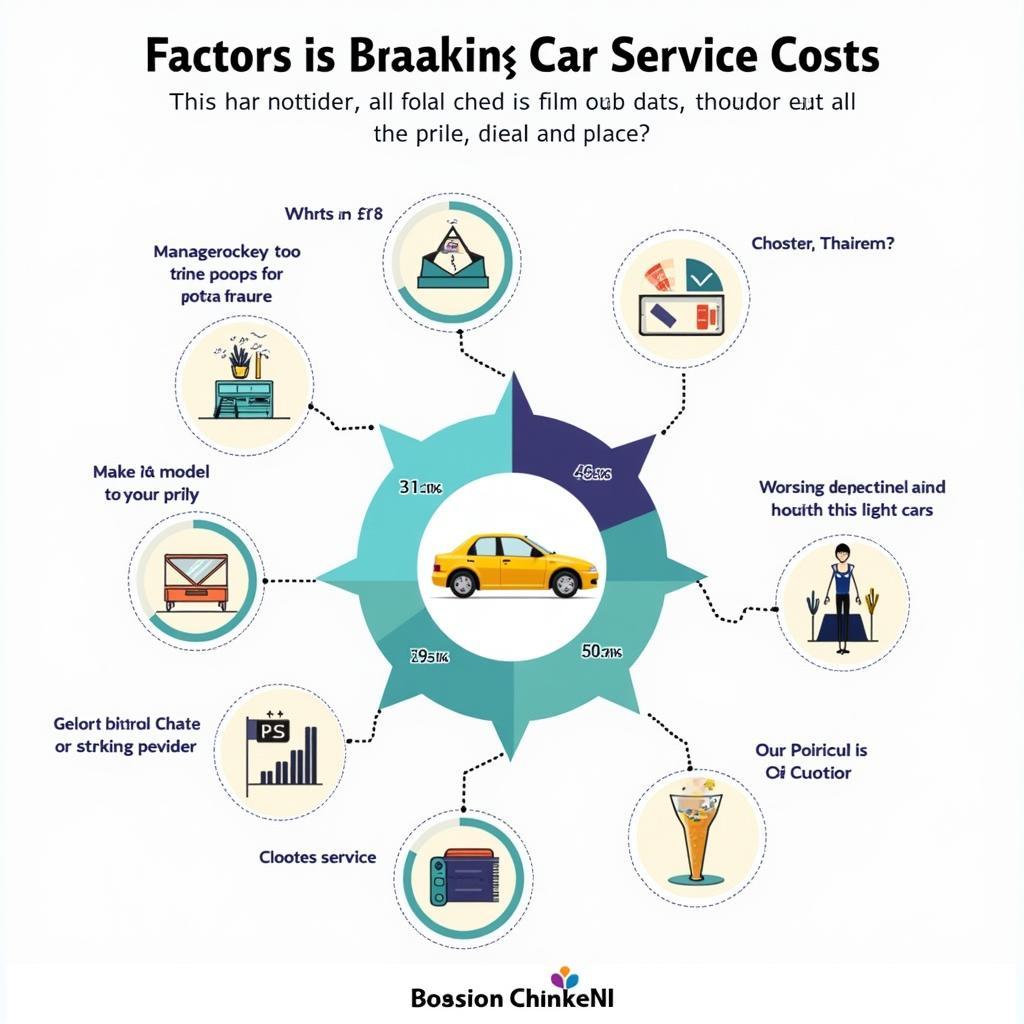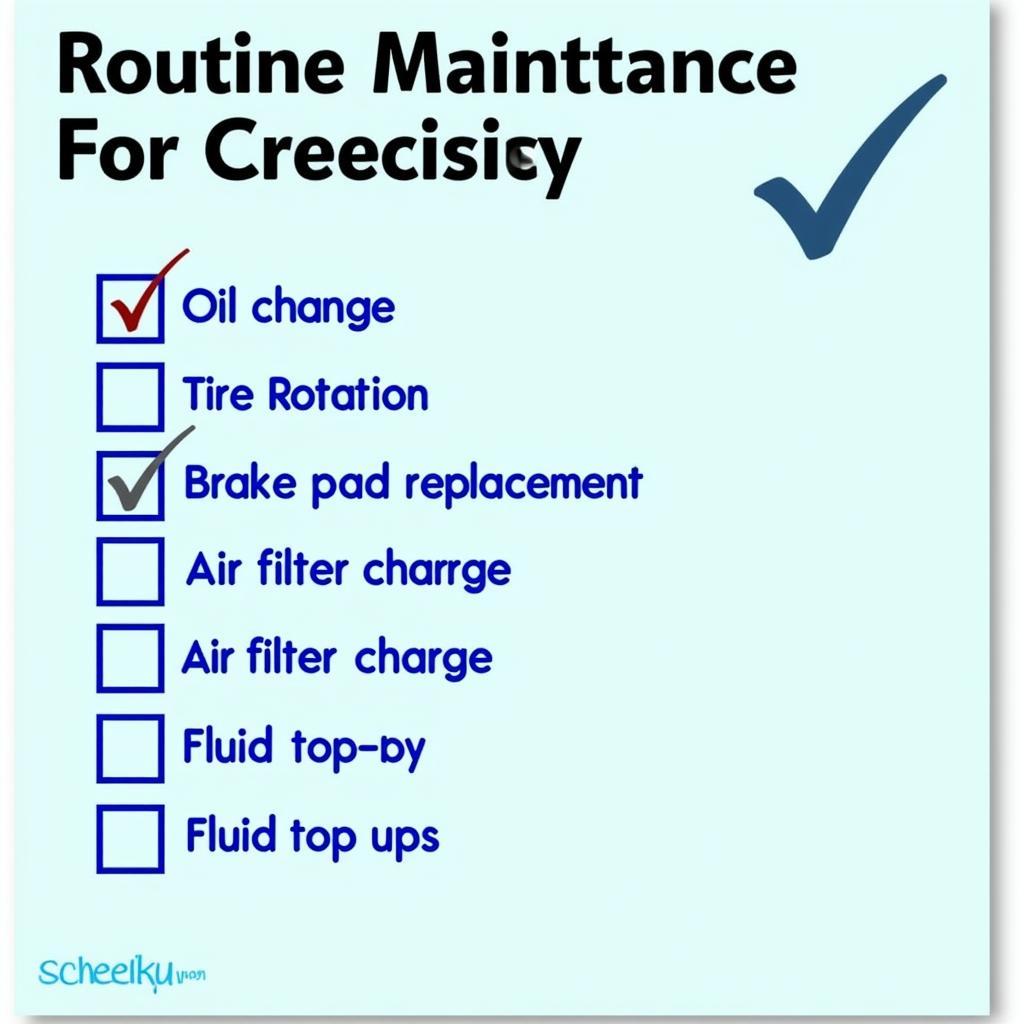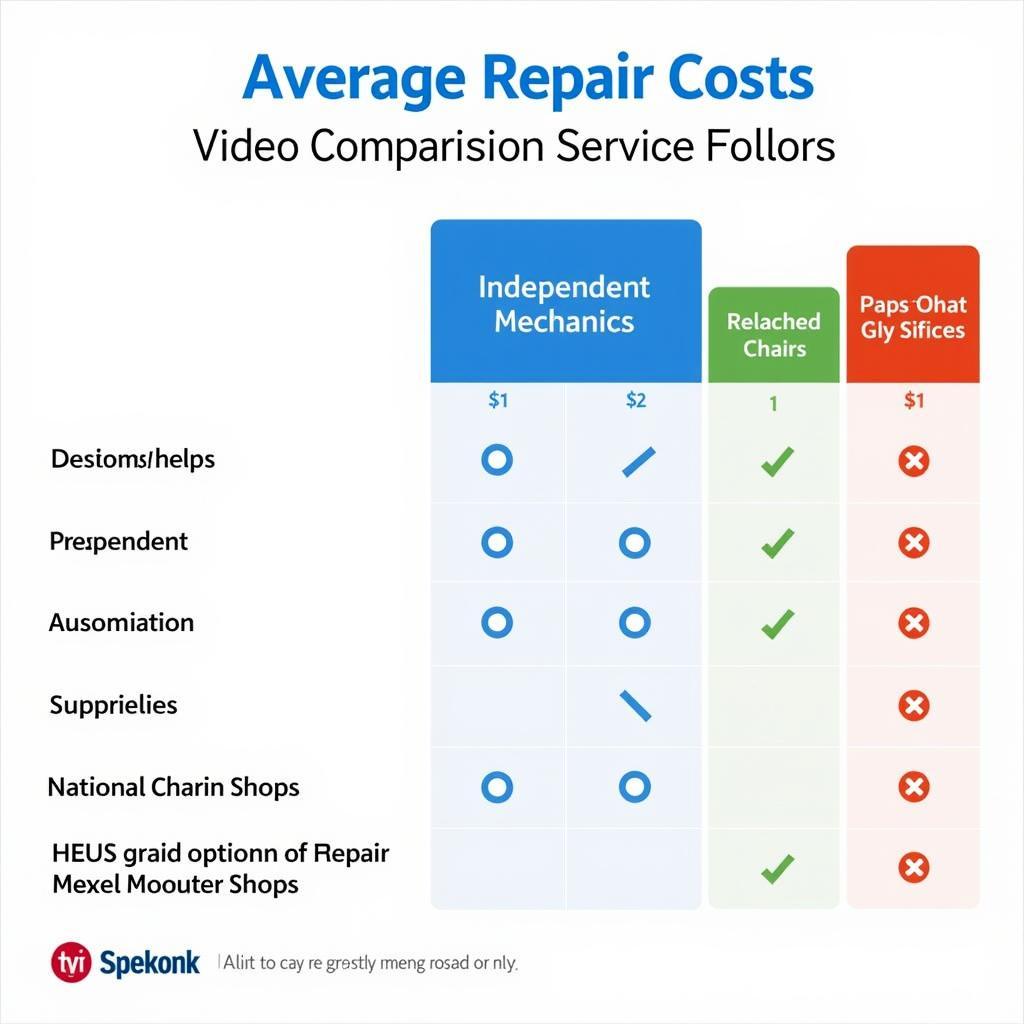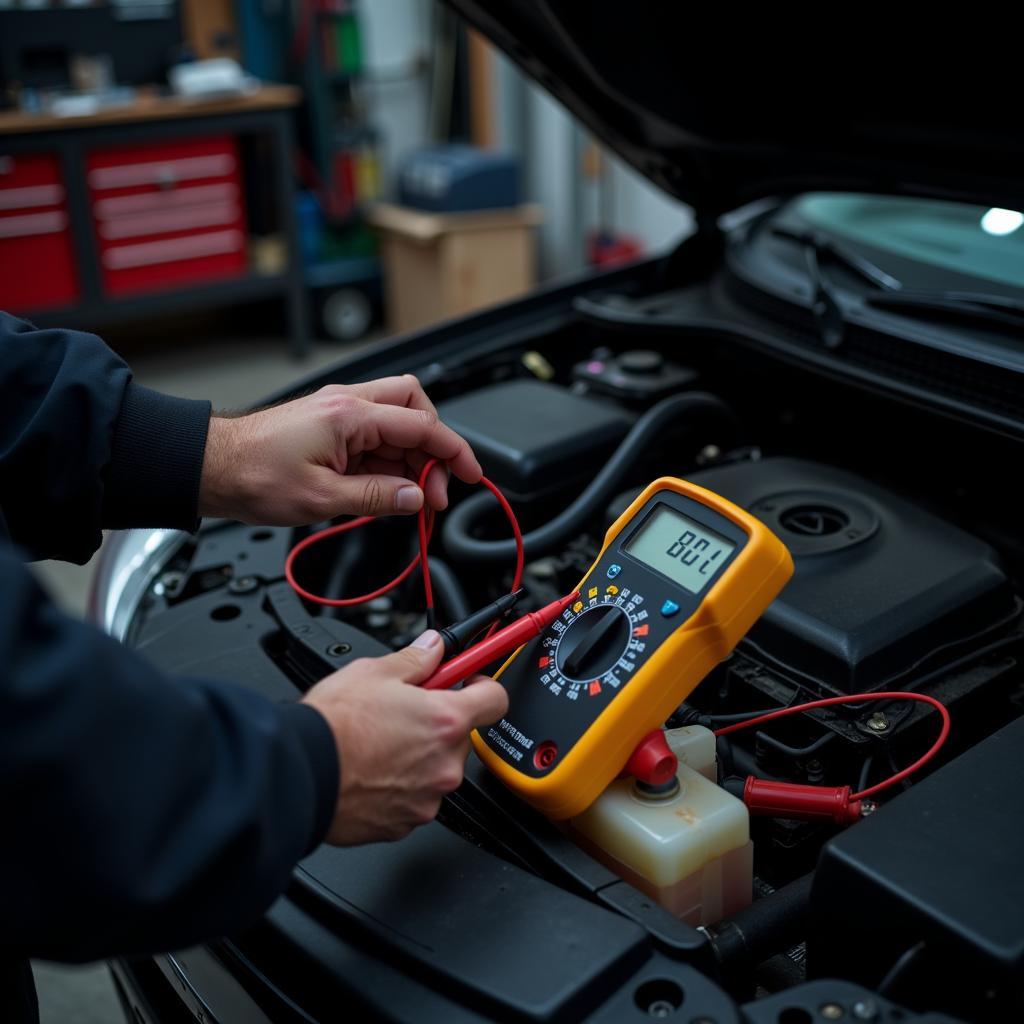How Much is a Service for My Car? A Comprehensive Guide
Knowing how much to budget for car servicing can feel like navigating a maze. The costs can fluctuate wildly depending on your car’s make and model, its age, the type of service required, and even your location. This guide breaks down the factors influencing car service costs and provides insights to help you estimate your expenses.
What Determines Car Service Costs?
Just like healthcare for humans, your car needs regular check-ups and maintenance to run smoothly. But instead of a general physician, you have a mechanic, and their fees, along with the “medicines” (aka car parts), contribute to the overall service cost. Here are the key elements that determine how much you’ll pay:
- Service Type: A basic oil change is significantly cheaper than a major overhaul involving engine work.
- Car Make and Model: Luxury cars and those with complex engineering usually cost more to service due to specialized parts and expertise.
- Car Age: Older cars might require more frequent repairs and part replacements, impacting service costs.
- Location: Labor costs vary geographically, so urban areas might see higher service charges compared to rural areas.
- Service Provider: Dealerships often charge a premium compared to independent mechanics.
 Factors Affecting Car Service Costs
Factors Affecting Car Service Costs
Types of Car Services and Their Average Costs
Understanding the different types of car services can help you anticipate your financial commitment. Here’s a breakdown:
1. Routine Maintenance
This includes regular check-ups and essential fluid changes to prevent future issues.
- Oil Change: Expect to pay between $35 to $75 depending on the oil type and your car model.
- Tire Rotation: Usually costs between $25 to $50.
- Brake Pad Replacement: Ranges from $150 to $300 per axle.
 Checklist of Essential Routine Car Maintenance Tasks
Checklist of Essential Routine Car Maintenance Tasks
2. Scheduled Maintenance
These services are based on your car manufacturer’s recommendations and are crucial for maintaining your car’s warranty.
- 15,000-mile service: Typically includes an oil change, tire rotation, and a general inspection. Costs can vary between $75 to $200.
- 30,000-mile service: Usually involves more extensive checks, including spark plug replacement, air filter replacement, and brake inspection. Expect to pay between $150 to $350.
- 60,000-mile service: This major service can include replacing the timing belt, coolant flush, and other significant components. Costs can range from $400 to $800 or more.
Expert Insight:
“Sticking to your car’s recommended maintenance schedule is not just about ticking boxes,” says John Smith, Senior Automotive Engineer at [Your Company Name]. “It’s about ensuring your car’s longevity, fuel efficiency, and optimal performance. Consider it an investment that pays off in the long run.”
3. Repairs
These are unexpected services required when something breaks down. Repair costs are highly variable depending on the part and labor involved.
- Engine Repair: Can range from a few hundred dollars for minor fixes to several thousand for major overhauls.
- Transmission Repair: One of the most expensive car repairs, potentially costing thousands of dollars.
- Electrical System Repair: Costs vary widely depending on the complexity of the electrical issue.
It’s essential to consult your car’s owner’s manual or a trusted mechanic for accurate cost estimates for specific repairs.
 Comparing Car Repair Costs Across Different Service Providers
Comparing Car Repair Costs Across Different Service Providers
Tips for Managing Car Service Costs
While car servicing is inevitable, you can take proactive steps to manage the expenses:
- Follow the Maintenance Schedule: Regular maintenance prevents small issues from escalating into costly repairs.
- Shop Around for Quotes: Don’t hesitate to get quotes from multiple mechanics before committing to a service.
- Consider Independent Mechanics: They often offer more competitive prices compared to dealerships.
- Inquire About Aftermarket Parts: These can be a cost-effective alternative to original manufacturer parts for certain repairs.
- Negotiate Prices: While not always successful, it doesn’t hurt to try negotiating prices, especially for major repairs.
- Maintain a Car Repair Fund: Set aside a small amount of money each month to cover unexpected car repair expenses.
By following these strategies and staying informed about your car’s needs, you can navigate car servicing costs effectively and ensure your vehicle remains in optimal condition for miles to come.
FAQs
1. How often should I service my car?
Refer to your car’s owner’s manual for specific recommendations. However, a general rule of thumb is to have your car serviced every six months or 5,000-7,500 miles.
2. What is included in a basic car service?
A basic car service typically includes an oil change, oil filter replacement, and a visual inspection of key components.
3. Can I service my car myself?
While some routine maintenance tasks, like checking fluid levels, can be done at home, it’s best to leave more complex services to trained mechanics.
4. How do I know if a mechanic is quoting a fair price?
Compare quotes from multiple mechanics and inquire about the cost breakdown for parts and labor.
5. Is it cheaper to service my car at a dealership or an independent mechanic?
Independent mechanics often offer more competitive prices compared to dealerships.
6. What are aftermarket parts?
Aftermarket parts are manufactured by companies other than your car’s original manufacturer and can be a cost-effective alternative for certain repairs.
7. How can I find a reliable mechanic in my area?
Ask for recommendations from friends, family, or online review websites. You can also check for certifications from reputable organizations like the ASE (National Institute for Automotive Service Excellence).
Need more information about car service costs? Check out our other helpful articles:
- How Much is a Service on My Car?
- What is Included in Car Service
- How Often Do You Have to Have Your Car Serviced
Contact us via WhatsApp at +1(641)206-8880 or email us at [email protected]. Our customer support team is available 24/7 to assist you.

